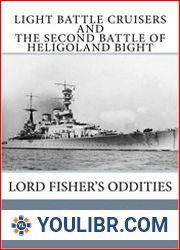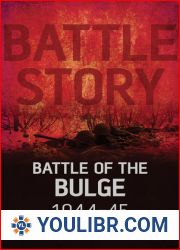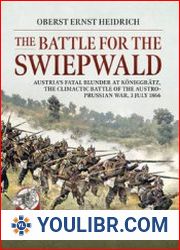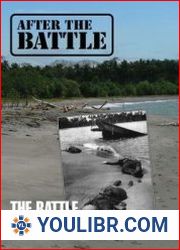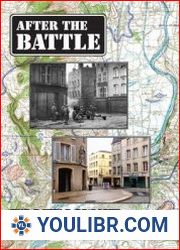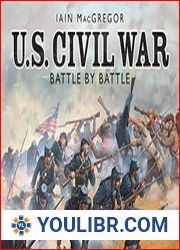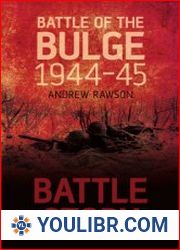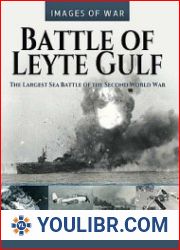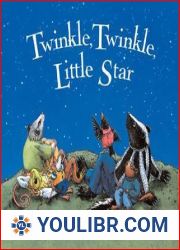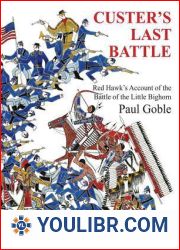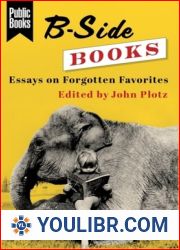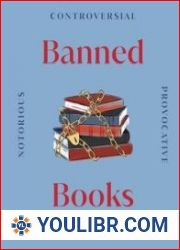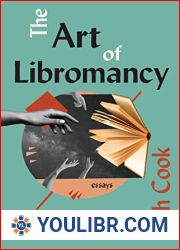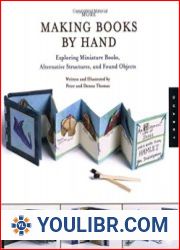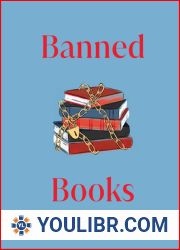
BOOKS - The Battle Of The Books: With Selections From The Literature Of The Phalaris ...

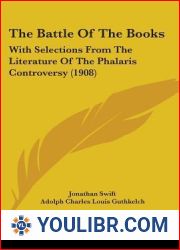
US $7.63

963312

963312
The Battle Of The Books: With Selections From The Literature Of The Phalaris Controversy (1908)
Author: Jonathan Swift
Year: September 27, 2015
Format: PDF
File size: PDF 848 KB
Language: English
Year: September 27, 2015
Format: PDF
File size: PDF 848 KB
Language: English
Jonathan Swift was born in 1667, on the 30th of November. His father was a Jonathan Swift, sixth of the ten sons of the Rev. Thomas Swift, vicar of Goodrich, near Ross, in Herefordshire, who had married Elizabeth Dryden, niece to the poet Dryden's grandfather. Jonathan Swift married, at Leicester, Abigail Erick, or Herrick, who was of the family that had given to England Robert Herrick, the poet. As their eldest brother, Godwin, was prospering in Ireland, four other Swifts, Dryden, William, Jonathan, and Adam, all in turn found their way to Dublin. Jonathan was admitted an attorney of the King's Inns, Dublin, and was appointed by the Benchers to the office of Steward of the King's Inns, in January, 1666. He died in April, 1667, leaving his widow with an infant daughter, Jane, and an unborn child. Swift was born in Dublin seven months after his father's death. His mother after a time returned to her own family, in Leicester, and the child was added to the household of his uncle, Godwin Swift, who, by his four wives, became father to ten sons of his own and four daughters. Godwin Swift sent his nephew to Kilkenny School, where he had William Congreve among his schoolfellows. In April, 1782, Swift was entered at Trinity College as pensioner, together with his cousin Thomas, son of his uncle Thomas. That cousin Thomas afterwards became rector of Puttenham, in Surrey. Jonathan Swift graduated as B.A. at Dublin, in February, 1686, and remained in Trinity College for another three years. He was ready to proceed to M.A. when his uncle Godwin became insane. The troubles of 1689 also caused the closing of the University, and Jonathan Swift went to Leicester, where mother and son took counseltogether as to future possibilities of life.His most famous work remains Gulliver's Travels.











